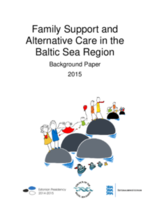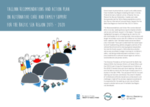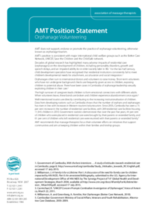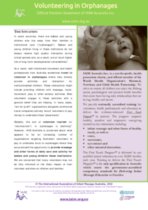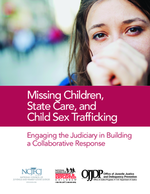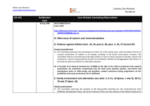Family Support and Alternative Care in the Baltic Sea Region Background Paper 2015
This background paper was developed as part of a regional study which gathered relevant data and information on family support and alternative care in the eleven Member States of the Council of the Baltic Sea States (CBSS).

